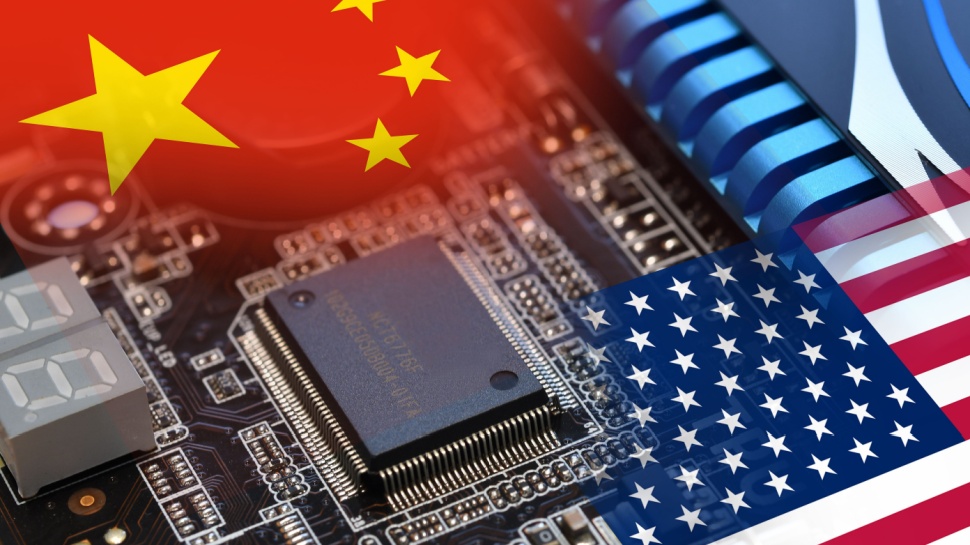Google, Nvidia and Intel could all see new China antitrust cases
China ups the ante on the US trade war

- China wants to know if Google’s Android OS is harming its smartphone market
- Nvidia under fire following its acquisition of Mellanox Technologies
- Intel dominates the Chinese CPU market
Chinese antitrust regulators have reportedly reopened probes into US tech giants Google and Nvidia, with Intel also potentially facing an investigation.
The news comes after President Trump introduced an additional 10% tariff on imports coming from China – the People's Republic retaliated with its own import tariffs on goods received from the US.
Despite the scarcity of details, we know that the Google investigation is set to focus on its Android operating system.
China launching probes into major US companies
Antitrust investigators are reportedly examining whether the Android operating system harms Chinese smartphone makers like Oppo and Xiaomi, according to sources familiar with the matter (via The Financial Times). The probe dates back to 2019, but after being put on the back burner, it hit the headlines once again in December 2024 when China reopened the probe.
This month, State Administration for Market Regulation (SAMR) workers visited Google’s Beijing office.
Elsewhere, Nvidia is facing allegations of anticompetitive behavior on the back of complaints by other industry members. China’s competition authority permitted its acquisition of Mellanox Technologies on the basis that it would ensure a stable supply to Chinese customers and continue to support competition.
No official confirmation has been received of an Intel investigation; it could target the company’s dominance in China’s CPU market.
Are you a pro? Subscribe to our newsletter
Sign up to the TechRadar Pro newsletter to get all the top news, opinion, features and guidance your business needs to succeed!
Although antitrust investigations are not unique to China – the US, the EU and the UK have all launched their own probes into many American and international tech giants – the timing coincides with heated tensions between the US and China, following months of increasing restrictions on Chinese access to US AI and advanced technologies.
On the flip side, China has introduced restrictions to its tungsten, tellurium, bismuth, molybdenum and indium exports – all critical elements in the tech industry.
You might also like
- Access powerful chips with the best cloud computing services
- Trump unveils $20 billion plan to build more US data centers
- Fancy an upgrade? Check out the best business laptops and best mobile workstations
With several years’ experience freelancing in tech and automotive circles, Craig’s specific interests lie in technology that is designed to better our lives, including AI and ML, productivity aids, and smart fitness. He is also passionate about cars and the decarbonisation of personal transportation. As an avid bargain-hunter, you can be sure that any deal Craig finds is top value!
You must confirm your public display name before commenting
Please logout and then login again, you will then be prompted to enter your display name.
